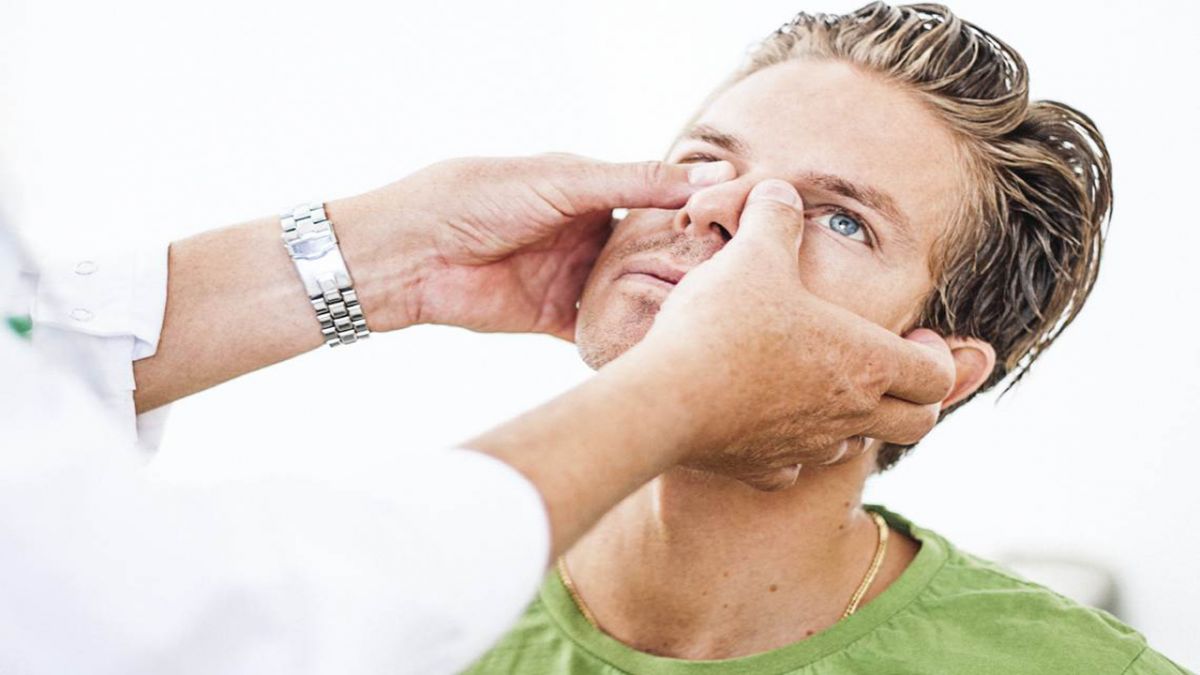Advertisement
Nosebleeds are a common occurrence, but one of the significant underlying causes is high blood pressure. It's essential to understand the connection between hypertension and nasal bleeding to effectively prevent and manage this condition.
 The Link Between High Blood Pressure and Nosebleeds
The Link Between High Blood Pressure and Nosebleeds
High blood pressure, or hypertension, is a major risk factor for strokes, which occur when blood vessels within the brain rupture due to excessive pressure. This same principle applies to blood vessels outside the brain, including those in the nasal cavity. When blood pressure rises, it puts extra strain on the blood vessels throughout the body. The delicate vessels in the nasal cavity are particularly susceptible to this pressure, making them more likely to rupture and cause bleeding. Thus, high blood pressure is not only a critical factor in causing nosebleeds but also serves as an important warning sign of potential vascular damage elsewhere in the body.
Why Managing Blood Pressure Is Crucial
For individuals with uncontrolled or unstable blood pressure, nosebleeds can become a recurring issue. The elevated pressure weakens the blood vessels, making them more prone to breaking even with minor triggers, such as dry air, nasal irritation, or slight trauma. When a nosebleed does occur, it can be challenging to stop the bleeding if the underlying hypertension is not addressed. Moreover, even if the bleeding is temporarily controlled, other blood vessels remain at risk of rupture due to the continued strain from high blood pressure, leading to potential repeated episodes of nosebleeds.

Comprehensive Approach to Prevention
To effectively prevent nosebleeds linked to high blood pressure, a comprehensive approach to managing hypertension is necessary. This includes:
Regular Blood Pressure Monitoring: Keeping a close eye on blood pressure levels is essential. Regular monitoring allows for early detection of any fluctuations that could increase the risk of nosebleeds.
Medication Adherence: For those diagnosed with hypertension, taking prescribed medications as directed by a healthcare provider is crucial in keeping blood pressure within a healthy range.
Healthy Lifestyle Choices: Adopting a heart-healthy lifestyle can significantly impact blood pressure control. This includes a balanced diet low in salt, regular physical activity, maintaining a healthy weight, and avoiding tobacco and excessive alcohol consumption.
Stress Management: Chronic stress can contribute to elevated blood pressure. Incorporating stress-reducing activities such as yoga, meditation, or deep breathing exercises can help maintain stable blood pressure levels.
Avoiding Nasal Irritants: In addition to managing blood pressure, avoiding factors that can irritate the nasal passages, such as dry air or allergens, can reduce the likelihood of triggering a nosebleed.
 When to Seek Medical Attention
When to Seek Medical Attention
While managing high blood pressure is key to preventing nosebleeds, it's important to seek medical attention if nosebleeds occur frequently, are heavy, or are difficult to control. These could be signs of uncontrolled hypertension or other underlying health issues that require prompt medical intervention.
High blood pressure is a significant contributor to nosebleeds and serves as an indicator of potential vascular damage. By effectively managing hypertension through regular monitoring, medication, lifestyle changes, and stress management, individuals can reduce their risk of nosebleeds and protect their overall vascular health. Taking a proactive approach to blood pressure control is not only essential for preventing nosebleeds but also for ensuring long-term cardiovascular well-being.
Advertisement




